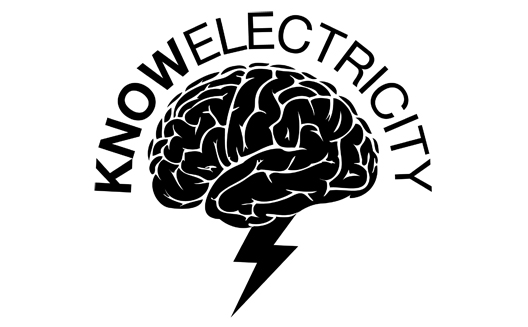KnowElectricity Teaches Pakistan About Energy Efficiency: Can It Become a Sustainable Business?

 Scores of Pakistanis are curious about the
potential for solar and wind energy to cut costs in a country where
continuous power is at a premium. And the truth is that there is
very little credible market information in Pakistan on how to be
more energy efficient or how to tap into renewable energy
resources.
Scores of Pakistanis are curious about the
potential for solar and wind energy to cut costs in a country where
continuous power is at a premium. And the truth is that there is
very little credible market information in Pakistan on how to be
more energy efficient or how to tap into renewable energy
resources.
This is precisely why a web portal called KnowElectricity is such an intriguing idea. KnowElectricity is a social enterprise focused on consumer engagement for energy conservation. It’s targeted at Pakistani consumers who wish to learn about practical energy efficiency practices, offering a comparison of the efficiency of different appliances to reveal the ‘best buys’ in Pakistan (note: they’re Royal, GFC and Pak Fans). It also offers tips on how to install and use appliances for optimal power consumption, and even provides formulas that allow consumers to map out their daily usage.
This enterprise is the brainchild of two young Pakistani
professionals: Faizan Rasool, who worked as an Engineering Manager
at Philip Morris and is now the Manager of Mobile Applications at
an information technology company, and Wardah Inam, a PhD student
in electrical engineering and power electronics at MIT. Both have
been working to develop this social venture as a side project
alongside their present careers.
While the venture has already garnered recognition by the MIT IDEAS
competition, MIT Legatum Center for Development and
Entrepreneurship and the MIT Public Service Center, it’s too early
for either of the founders to make a full-time commitment. If they
can continue to be successful and build partnerships, however,
focusing exclusively on KnowElectricity could make sense in the
future.
For now, the team is focusing mostly on engagement programs in local schools, where they conduct presentations to create awareness of the need for energy efficiency and recruit students to map out campus energy consumption. On Facebook, the site has already gained 1,000 fans by creating multimedia illustrations of the energy crisis.
While this approach is a great way to involve proactive youth in
the cause, KnowElectricity is also naturally still grappling with
the challenges of scaling up and developing a sustainable business
model.
The following are the primary challenges:
Monetization: The current focus remains on
developing a footprint and engaging the public. Funds to expand are
being sought out from a variety of channels, including grants for
social enterprises, competitions and most critically, sponsorship.
Several multinationals in Pakistan have shown interest in
supporting KnowElectricity through their Corporate Social
Responsibility programs, potentially sponsoring both the website
and printed literature that the enterprise would distribute to its
target population.
In the absence of active online transactions, however,
advertisements remain the most sustainable source of revenue for
web portals in Pakistan. Many stakeholders in the energy space will
likely be interested in this platform if it succeeds in
drawing a critical mass
Scaling: Ultimately, the portal will only scale up
if it relies more on digital engagement than in-person interaction.
The team is currently investigating the development of interactive
tools that provide input on how you are managing energy. But there
are so many more tools that could increase its popularity, from
online games that educate about energy to forums that allow
individuals and corporations to exchange best practices, to updates
on emerging energy products and trends in Pakistan that would
create a one-stop shop for entrepreneurs and investors looking to
understand the energy landscape in Pakistan.
KnowElectricity proves that there is a market niche in Pakistan for portals that deal in the information economy and provide valuable market intelligence. It is too early to judge its sustainability, but if the engagement model succeeds in bringing people in droves, it is likely that sponsorship and affiliate models could transform this into a robust business.


